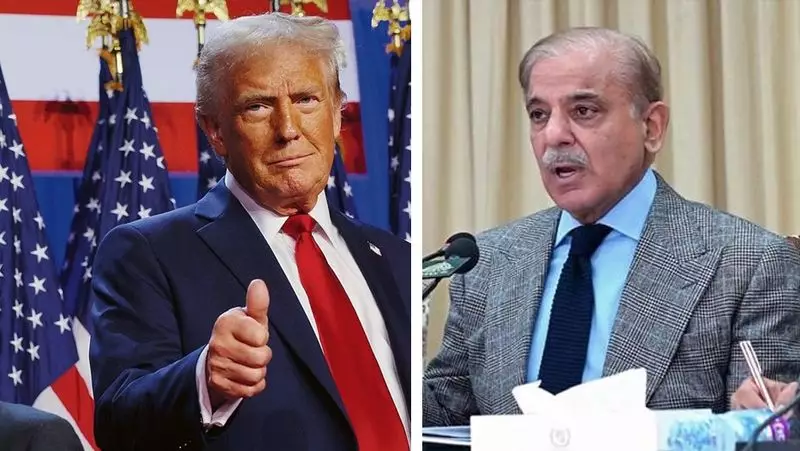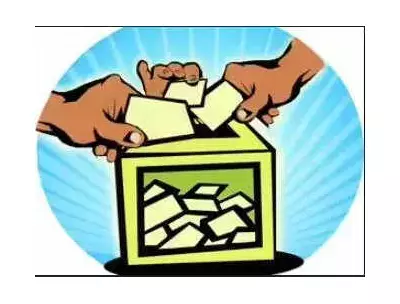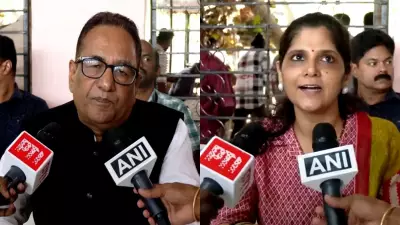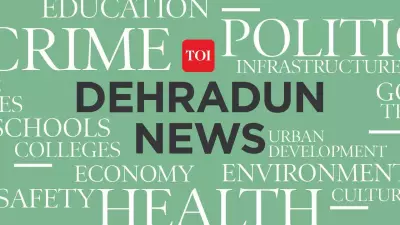
In what's being described as a masterclass in diplomatic flattery, Pakistan Prime Minister Shehbaz Sharif's recent social media praise for former US President Donald Trump has drawn sharp criticism and mockery from unexpected quarters. The incident has exposed the delicate dance of international relations playing out in the digital arena.
The Tweet That Started It All
Prime Minister Sharif took to social media platform X (formerly Twitter) to commend Donald Trump's handling of a recent incident, calling it "admirable" and praising the former president's response. The Pakistani leader's effusive praise, however, didn't go unnoticed by seasoned diplomatic observers.
Former Envoy Delivers Brutal Assessment
The most scathing criticism came from India's former envoy to Pakistan, who didn't mince words in his assessment. The seasoned diplomat described Sharif's approach as "the Olympic sport of flattering Trump" - a desperate attempt to curry favor through social media diplomacy that ultimately reveals Pakistan's weakening international position.
"This isn't diplomacy; it's digital begging," the former envoy remarked, highlighting how such public displays of admiration often backfire in international relations.
Social Media Backlash and Public Reaction
The incident sparked immediate reactions across social media platforms, with many users joining the former diplomat in criticizing what they perceived as:
- Desperate attempts to gain international validation
- Poorly executed digital diplomacy
- Revealing displays of foreign policy weakness
- Cringe-worthy pandering to foreign leaders
The Bigger Picture: Digital Diplomacy in Modern Politics
This incident highlights the growing importance and pitfalls of social media in international relations. World leaders increasingly use platforms like X to communicate directly with global audiences and other leaders, but as Sharif's experience demonstrates, the approach can sometimes do more harm than good.
The line between strategic diplomacy and desperate flattery appears thinner than ever in the age of digital diplomacy.
What This Means for Pakistan's Foreign Policy
Analysts suggest that such public displays of admiration toward foreign leaders, particularly former ones, may indicate deeper issues within Pakistan's foreign policy establishment. The country has been struggling to maintain its international relationships amid economic challenges and changing global alliances.
The former Indian envoy's comments underscore how such diplomatic missteps are perceived by neighboring countries and the international community at large.





